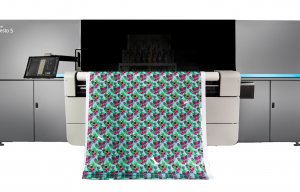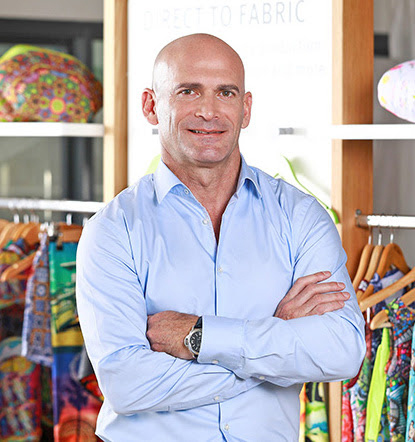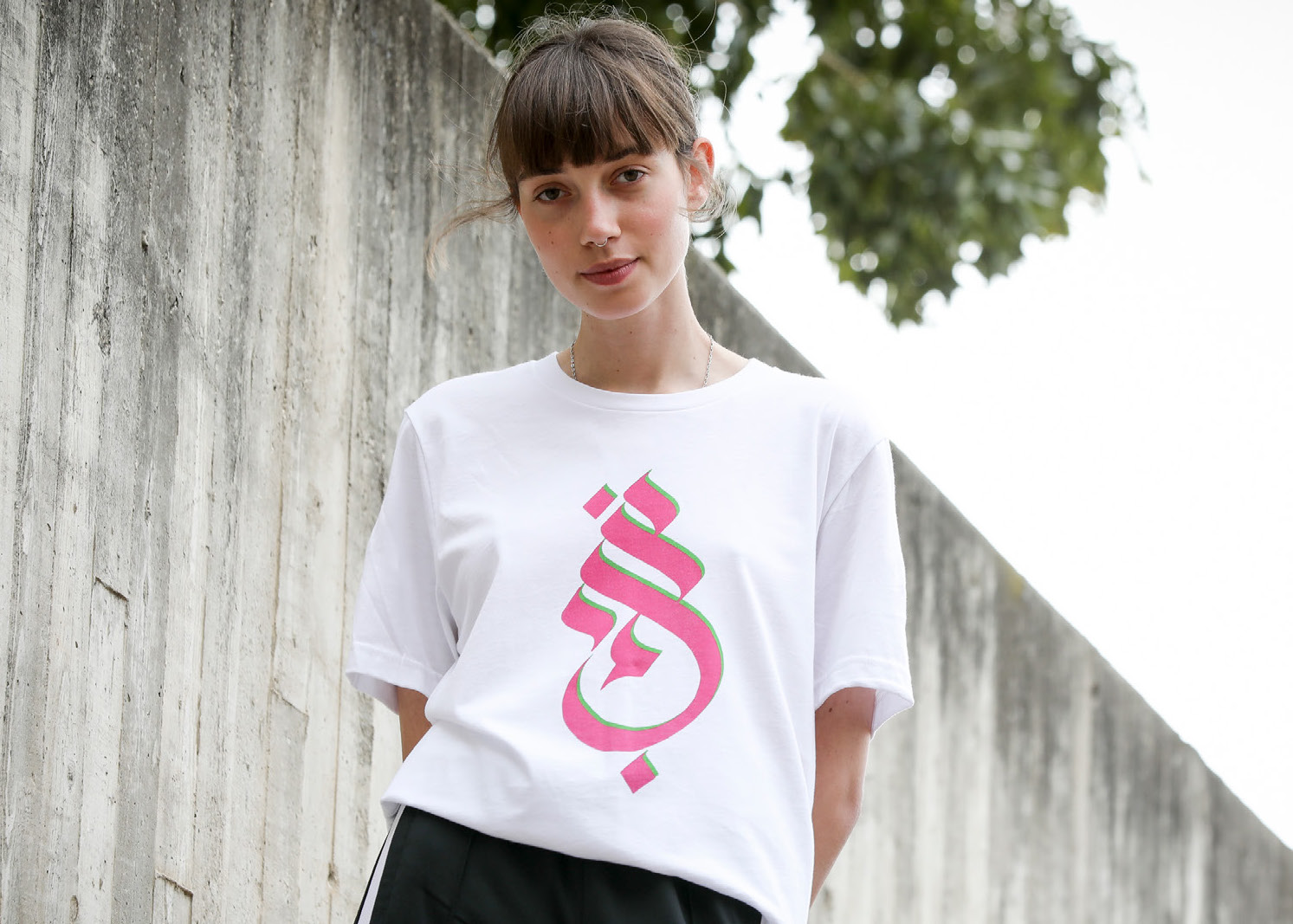
Presto S for Portuguese print provider
Company says its is “laser-focused on changing the trajectory.”

15th September 2021
Innovation in Textiles
|
Israel
Israel-headquartered Kornit believes its digital printing systems will lead to savings of 4.3 trillion litres of water and 17.2 billion kg of greenhouse gas emissions, by reducing over-production in the fashion industry by 1.1 billion items from now until 2026.
The company’s 2020 Impact and Environmental, Social, and Governance (ESG) Report pledges commitments to achieving specific goals in the way it conducts business, creates meaningful impact in local communities, and achieves environmental sustainability, in addition to how it will continue to build a diverse and inclusive company culture, foster employee growth and development, and empower fair and safe labour practices globally.
“Our vision is to boldly transform the world of fashion and textiles for a better, more sustainable planet,” said Kornit CEO Ronen Samuel. “This report serves as our roadmap to achieving this vision.

“The fashion industry is unfortunately responsible for severe ecological damage, producing nearly 20% of global wastewater each year and over-producing an average of 30% as an integral part of its ‘normal’ course of doing business. We are laser-focused on changing that trajectory. Sustainability is top of mind at Kornit, in our spirit and in practice, every single day.”
In addition to enabling eco-friendly production processes with technology and consumables that use less water, reduce waste, and minimise the carbon footprint, Kornit technology solutions enable sustainable production on demand, which eliminates overproduction of apparel and other textile goods.
A 2021 Life Cycle Assessment conducted on two flagship products, the Kornit Atlas MAX and Kornit Presto S, demonstrated savings relative to traditional analog processes.
It showed the Presto S system used up to 95% less water and 94% less energy, and produced up to 83% less greenhouse gas (GHG) emissions and the Atlas MAX system used up to 93% less water and 66% less energy, and produced up to 82% less greenhouse gas (GHG) emissions.

Based on this study, in addition to past sustainability performance results and strategic projections for business growth and market expansion, by 2026 Kornit Digital’s sustainable on-demand solutions are expected to enable the production of approximately 2.5 billion apparel items in a responsible manner to deliver:
-Zero overproduction. By moving the industry to on-demand manufacturing, Kornit will help eliminate the estimated 1.1 billion apparel items overproduced using traditional production methods, based on an industry average of 30% overproduction. This is approximately one apparel item for every person living in Europe and North America saved.
-Zero water waste. In addition to eliminating overstocks, Kornit-enabled production on demand will support saving an estimated 4.3 trillion litres of water. This is the estimated amount of drinking water needed for the entire US population for 11 years.
-Reduced CO2 emissions. By enabling sustainable on-demand production, consuming less energy, and generating less waste, Kornit will prevent an estimated 17.2 billion kilograms of greenhouse gas emissions, compared to traditional manufacturing methods. This is equivalent to the estimated amount of carbon dioxide emitted from circumnavigating the entire planet with a car nearly 2,400 times.
“While we are proud of our progress in empowering the global fashion industry to elevate its creative possibilities while shrinking its ecological footprint, we know there is more work to be done,” said Samuel. “This report holds us accountable to our vision of providing the efficient, conscientious, uncompromising on-demand capabilities our stakeholders, employees, customers, and the global marketplace demand.”
The report generally follows Global Reporting Initiative Standards core reporting framework option and Sustainability Accounting Standards Board reporting standards for the professional and commercial services sector.

Business intelligence for the fibre, textiles and apparel industries: technologies, innovations, markets, investments, trade policy, sourcing, strategy...
Find out more